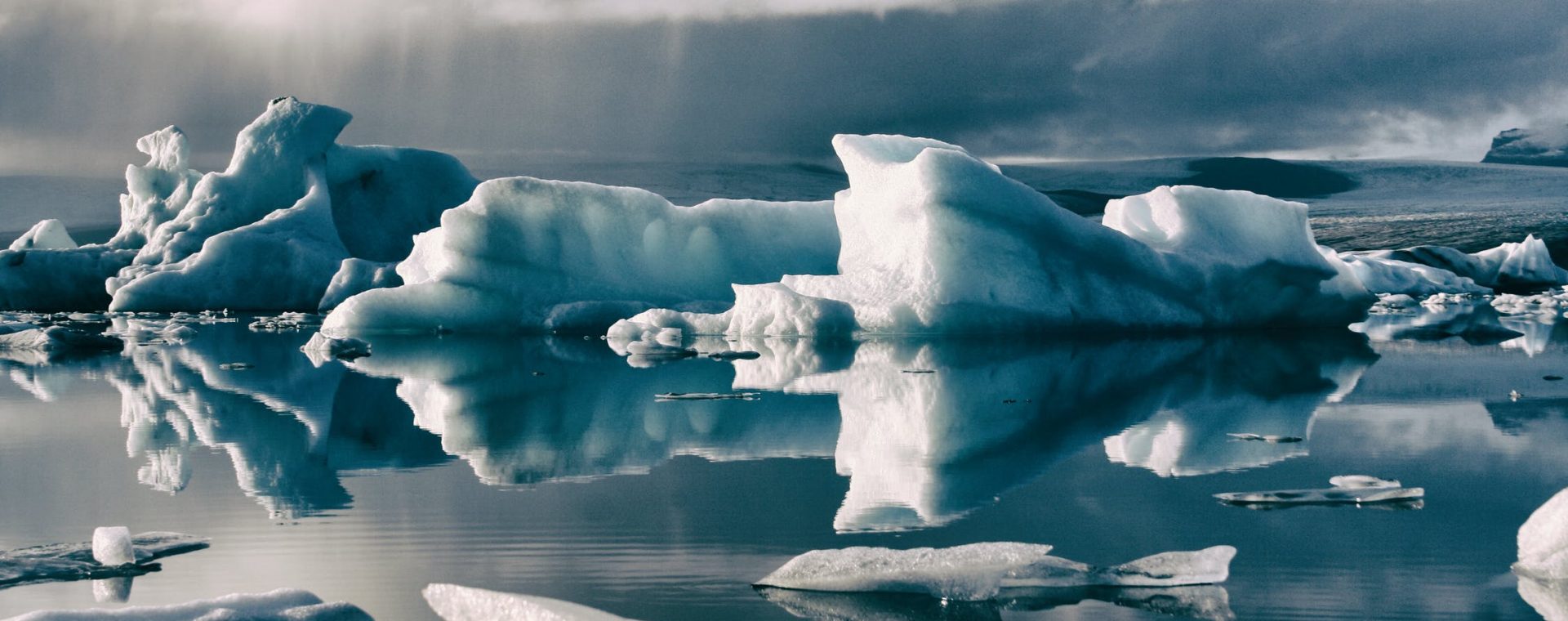
Someone recently asked if I thought there will ever be such a thing as ‘justice’ in the climate crisis.
But as we are faced with the reality that tens of millions of people have already lost their homes, their livelihoods, and their futures – with tens of millions more to come – I now believe that there can be no justice in the present; only pragmatism, and a need for immediate, urgent action.
What we are facing is far more than an environmental disaster. it’s a humanitarian catastrophe, and it will be the battle of our lifetime.
For the 36 million people driven from their homes, their displacement has not been of their own doing. Their contribution to the rising CO2 levels, and with it the rising temperatures and tides, is near non-existent. And yet they remain largely unsupported – millions of families and individuals, abandoned and segregated from the developed countries that we know hold the greatest responsibility for this crisis.
So, as the intensity of this crisis grows at an exponential rate, where must we look to find remarkable solutions to this crisis?
Acknowledging our shared responsibility
The impact of the crisis will manifest differently in each country and state across the world, and therefore each will require nuanced support, both in terms of financial aid and essential resources. However, we must look at how we can shift the climate change conversation to promoting what we share; universal values – health, gender equality, human rights, the eradication of poverty & exploitation. We must consider ‘their’ issues to be ‘our’ issues. We must listen to the people who are directly affected, hear their needs and their stories, and we must share them. For those of us who are fortunate enough to have a platform, we can accelerate progress by using our advocacy, our influence, and our collective might. We are living in a time that encourages individualism and isolationism, but retreating and shutting ourselves off is not the answer.
The world has been watching in astonishment as its most developed countries are closing their borders and turning their backs on the people who need them most. But we need to recognize that as climate change intensifies, migration will intensify. We must start preparing for it, rather than resisting it.
We have a choice; to treat immigrants and refugees as a burden or to treat them as individuals, full of potential and resilience. If we build a structure and a system which provides them with rights and autonomy, with the healthcare and education they deserve, then they can thrive. They will become people we can learn from.
Learning from Lived Experience
We have long been guided by the belief that institutions and academics hold the key to unlocking the answers – but, as the disparity increases between those who occupy Ivory Towers and those on the frontline of the crisis, it has become glaringly obvious that we are looking in the wrong places.
Imagine for a moment that we looked to the communities themselves and asked them to share their own nuanced needs and their own innovative solutions for the disaster they find themselves in.
In the past year, I’ve had the privilege of working with some of the most remarkable grassroots organizations.
In Burundi – where the climate crisis has plunged the country into despair throughout the last decade, displaced women have sought solutions from the opportunities that exist within their environment. With support they’re developing safe, clean, and affordable solar energy that’s dramatically changing the lives of those within their community. The program has generated an income that has meant they can build other life-changing services including classrooms, welfare facilities, and even climate mitigation measures.
In Afghanistan, a brave & brilliant team who have witnessed generations of instability and fear, converted a fleet of old school buses into a series of mobile libraries, so that learning could come to the children who couldn’t attend school safely. The organization, Charmaghz, has buses which served almost 600 children a day, and the staff even taught kids trauma techniques and coping mechanisms to the conflict they’ve lived through.
The African and Middle Eastern grassroots movement is upwelling – and it is bursting with potential. It’s an untapped source of vital opportunity, and we must allow it to spring forth and create the change and impact we need to see.
The interconnected nature of Global Developmental Issues
Through my work on the ground with Sage Foundation, I have seen first-hand the devastating impact of climate change amongst girls and women. The enormous disruption to their education not only exposes them to increasing poverty and the risk of early and forced child marriage – but also denies them of the opportunity to contribute to decision making, and even to solutions.
Our goal to reach zero emissions by 2050 must be inclusive of the need to build resilient communities at a local level, so that women and girls who are disproportionately affected by the social, health, and economic upheavals caused by climate change, are granted a future of opportunity and protection.
The deeply connected nature to our developmental issues shines a light on the pivotal role that education plays in our planet’s future. When given access to knowledge, learning and encouragement to be able to rise, women and girls will lift entire communities with them. They can be the driving force behind diverse, creative solutions to our global crises, and this is how we’ll create a more sustainable, prosperous and equitable world.


